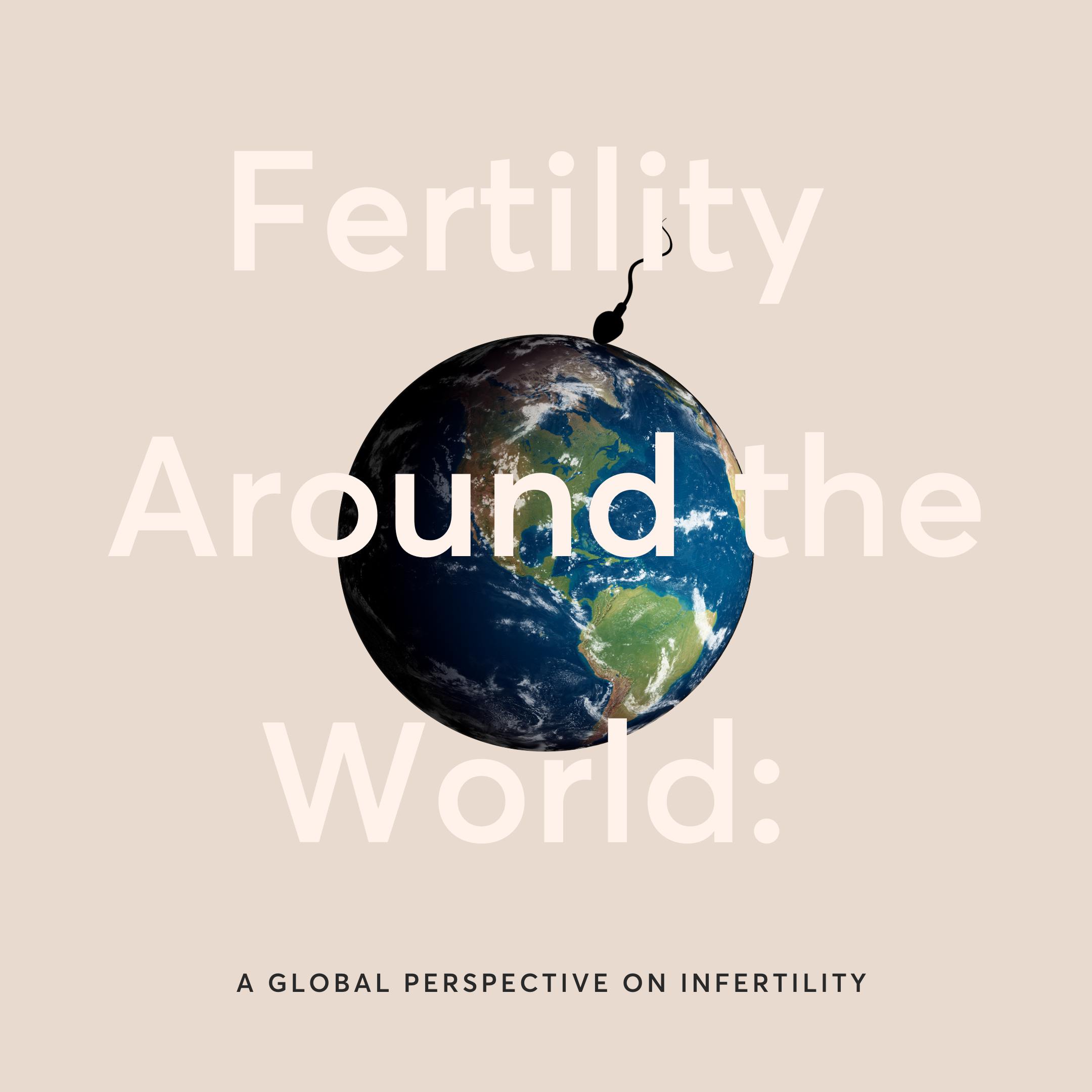
The journey towards parenthood is as diverse and varied as the people embarking on it. For many couples, the path is smooth and straightforward, while for others, it may be strewn with challenges and uncertainties.
Infertility, a condition that affects many people worldwide, is one such challenge. The way infertility is perceived, treated, and supported varies widely across different cultures and countries. This article will take you on a global tour of fertility, exploring the myriad ways in which infertility is approached around the world.
Understanding Infertility: A Global Concern
Infertility is a global health issue affecting millions of couples. It is typically defined as not being able to get pregnant despite having regular unprotected sex for a year or longer. While the prevalence of infertility is similar worldwide, the resources, treatments, and societal attitudes towards it can differ significantly from one region to another.
Fertility in Western Societies: Breaking the Silence
In many Western societies, such as the United States, Canada, and Europe, there has been a growing movement towards openness and conversation about infertility. The stigma that once shrouded the topic has started to lift, thanks, in part, to advances in medical technology and increased awareness campaigns. Fertility treatments, including in vitro fertilisation (IVF), intrauterine insemination (IUI), and fertility drugs, have become more accessible and widely accepted.
Support networks and resources, like support groups, counselling services, and online communities, are also increasingly available. These resources provide a platform for individuals and couples to share their experiences, offer advice, and provide emotional support.
Fertility in Asian Cultures: Balancing Tradition and Modernity
In many Asian societies, where family and lineage are deeply valued, infertility can carry a significant stigma. Traditional beliefs often place a high value on fertility, and infertility can be seen as a personal failure or a source of shame.
However, modernity is reshaping attitudes towards infertility. With the advent of advanced fertility treatments, more Asian couples are seeking medical help for infertility. Countries like Japan and South Korea have seen a surge in fertility clinics offering various treatments.
Simultaneously, traditional and alternative therapies, such as acupuncture and herbal medicine, continue to be popular. These treatments are often used in conjunction with modern medical techniques, creating a unique blend of tradition and innovation.
Fertility in African Nations: Overcoming Resource Constraints
In many African countries, infertility is often a deeply distressing experience, exacerbated by a lack of resources and support. With limited access to advanced fertility treatments, many couples face a tough journey.
However, progress is being made. Some African nations, such as South Africa, have made strides in providing access to fertility treatments. Non-profit organisations and international collaborations are also working to improve fertility care and education in these regions.
Cultural attitudes towards infertility in African societies are complex. In many communities, fertility is linked to social status, and infertility can lead to social exclusion. However, there is a growing awareness and understanding of the medical aspects of infertility, leading to gradual shifts in societal attitudes.
Embracing Diversity in Fertility
Understanding the global landscape of fertility highlights the diversity of experiences, attitudes, and treatments around the world. It underscores the importance of cultural sensitivity and understanding in addressing infertility.
At Naître, we believe in supporting all individuals and couples on their fertility journey, irrespective of their cultural or geographical background.
Our scientifically formulated supplements are designed to boost reproductive health and fertility, offering a helping hand on your journey towards parenthood.
Our scientifically formulated supplements are designed to boost reproductive health and fertility, offering a helping hand on your journey towards parenthood.
Remember, whether you're navigating your own fertility journey or supporting someone else, there's a wealth of knowledge, understanding, and support available.






